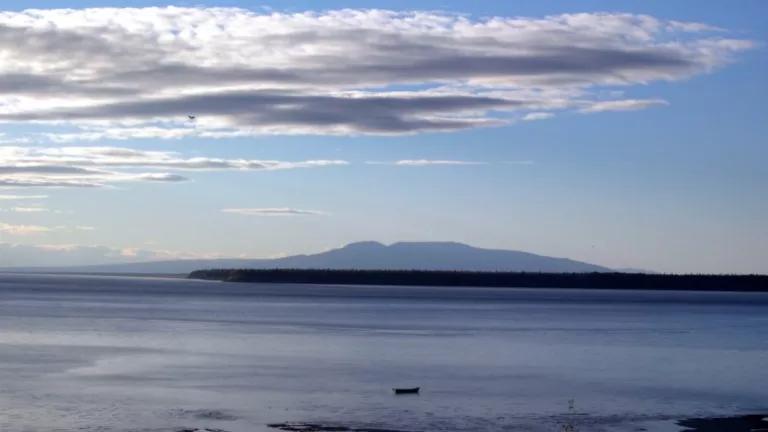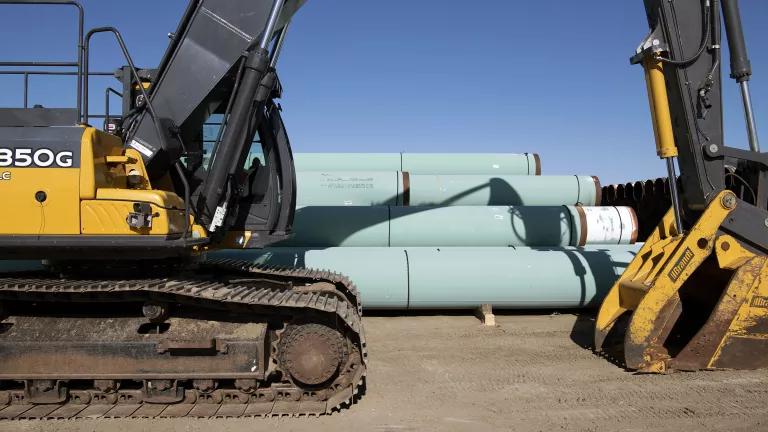Reopening Loophole, Zinke Enables Fossil Fuel Royalty Fraud
The Interior Department took a step today along its well-worn path of short-changing taxpayers and enriching fossil fuel executives.
Interior announced it would get rid of an Obama rule which closed a loophole that allowed coal, oil and gas companies to avoid paying proper royalty rates on fuels extracted from publicly-owned lands.
The Interior Department rule at stake closed a loophole that coal companies were exploiting to cheat taxpayers out of tens of millions of dollars a year. (The provision also applies to natural gas and oil, but since the malfeasance was more severe with coal companies, we’ll focus there for present purposes.)
Coal companies are required to pay a 12.5% royalty on sales of coal they take from surface mining on public lands. The royalty is intended to apply to the sale of the coal from the mining company to the open market (often a power plant).
But as a Reuters investigation found, big coal companies were gaming the system by first selling the coal to an affiliate or subsidiary for much less than fair market prices. The royalty was charged on that low-ball sale, and then the company would turn around and sell the coal on the open market for many multiples of that original sale. To put it another way, companies were paying a royalty rate on a $1sale when the open market price was anywhere from $10 to over $100 a ton.
In January of 2015, Headwaters Economics released a report detailing problems with the current coal royalty system and offering proposed policy solutions, including closing the affiliated company loophole.
Because of loopholes and deductions, the organization found that the government was receiving an effective royalty rate of 4.9 percent, which falls well short of the statutory minimum rate of 12.5% for surface coal and 8% for underground coal (averaged nationally at 12.3% for all federal coal). The organization estimated that loopholes and outdated policies cost taxpayers roughly $850 million between 2008 and 2012.
The Reuters investigation led to a bipartisan Congressional request for an audit from Senators Ron Wyden (D-OR) and Lisa Murkowski (R-AK). This along with public pressure prompted Interior’s Office of Natural Resource Revenue (ONRR) to draft a rule closing the loophole. The process was extensive and open to public comment. ONRR received nearly 200,000 comments in favor of closing the loophole, and the new rule went into effect in January.
An analysis by the Center for American Progress showed that five big coal companies have established a web of over 400 hundred subsidiaries in part to avoid paying royalties.
Approximately half of federal royalties collected are returned to the state where mining occurs. This means royalty income is big business for a state like Wyoming, which produces approximately 40% of the nation’s coal. Any loss in federal royalties as a result of loopholes or outdated policies corresponds to large losses in revenue for the states.
State revenues have been shrinking over the last decade as coal companies pushed more and more sales through the loophole. Data from the U.S. Energy Information Administration, or EIA, shows that 42 percent of all coal produced in Wyoming in 2012 was sold through a captive transaction—or a transaction between a parent and an affiliate company—up from just 4 percent in 2004. Federal mineral royalty receipts help fund schools and colleges, highway and road construction, city and town budgets and the state’s budget reserve.
The move is another by the Trump Administration to tick off items from a polluter’s wish list of consumer and public health protections (are any regular people really in favor of allowing hazardous mine waste to be dumped in their streams?).
Closing the royalty loophole was part of a larger effort by the Obama Administration to overhaul a broken federal coal leasing program that’s short-changed taxpayers more than $30 billion over the last 30 years.
But problems with the larger federal coal program cannot be blamed on one particular party; both Republican and Democratic administrations have allowed this industry-biased system to continue for more than 3 decades. It was only after a damning audit by Interior’s own Office of Inspector General, an investigation the Government Accountability Office and public outcry over lost revenues and an effective subsidy to the climate polluting coal industry that led the Obama Administration to take action to overhaul the coal program.
The bottom line here is our public lands are not owned by the coal, oil or gas industries. They are owned by the American people and held in the public trust. Any effort to reduce public benefits from taxpayer-owned lands should be opposed by Congress.



